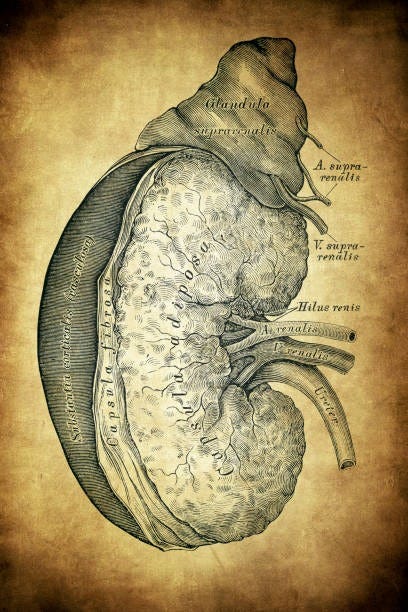The Influence of the Adrenal Glands on Hair Loss: A Reflective Look Based on Literature
When addressing hair issues, the role of the adrenal glands is often underestimated. However, science shows that the hormones produced by these small glands—such as cortisol, cortisone, aldosterone, and androgens—play a vital role in hair health. The balance of these hormones is crucial, as both excess and deficiency can affect the hair growth cycle. Cortisol, known as the stress hormone, when chronically elevated, can prolong the hair's resting phase (telogen), leading to premature hair shedding. Cortisone, its inactive form, plays a role in regulating the stress response, indirectly supporting hair health. Additionally, mineralocorticoids such as aldosterone and 18-hydroxycorticosterone influence the body's water and electrolyte balance, impacting the nourishment of hair follicles.
Recently, a study published in Frontiers in Endocrinology analyzed the presence of these hormones directly in hair follicles, identifying them as potential biomarkers for diagnosing conditions related to steroid excess or deficiency, such as Cushing’s syndrome and primary hyperaldosteronism (Heyns et al., 2024). This discovery reinforces the importance of considering adrenal health when investigating hair loss, especially in cases of persistent or unexplained shedding. The connection between chronic stress, hormonal imbalance, and hair loss highlights the need for an integrated approach that not only treats the hair but also addresses overall well-being. After all, hair reflects what happens internally, and understanding the role of the adrenal glands is essential for promoting hair health more effectively and empathetically.




